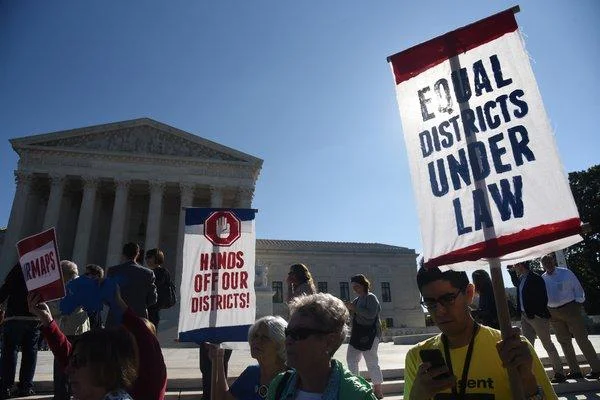India's First 'Social Media' Election Raises Concerns About Misinformation By Phillip Howard
The current Indian election is projected to be the biggest in history. An estimated 900 million people, 10 percent of the world’s population, will vote in parliamentary elections that began April 11 and will last till May 19.
The Bharatiya Janata Party (BJP), and current Prime Minister Narendra Modi, seek to maintain power after winning a landslide election in 2014. The Indian National Congress (INC), led by Rahul Ghandi, constitutes the major opposition, in what has been an acrimonious campaign.
Prime Minister Narendra Modi,
Analysts have suggested this may be India’s first social media election and as platforms become increasingly employed and weaponized. Social media companies, facing several years of scrutiny following the 2016 U.S. election, have sought to limit “coordinated inauthentic behavior.”
India is Facebook’s biggest market. The platform removed suspicious accounts linked to Indian political parties, including 687 pages linked to the INC.
Nathaniel Gleicher, Facebook’s head of cybersecurity policy, said that the pages in question were taken down because of connections to individuals who “used fake accounts” and sought to conceal their true identifies. WhatsApp, Facebook’s mobile messaging platform, implemented a fact-checking service, as well as a tip line for election misinformation.
India’s election highlights the potentially huge scope a digital misinformation campaign can have and how related steps taken by social media companies have become the new normal.
Phillip Howard is a graduate student at Utica College






